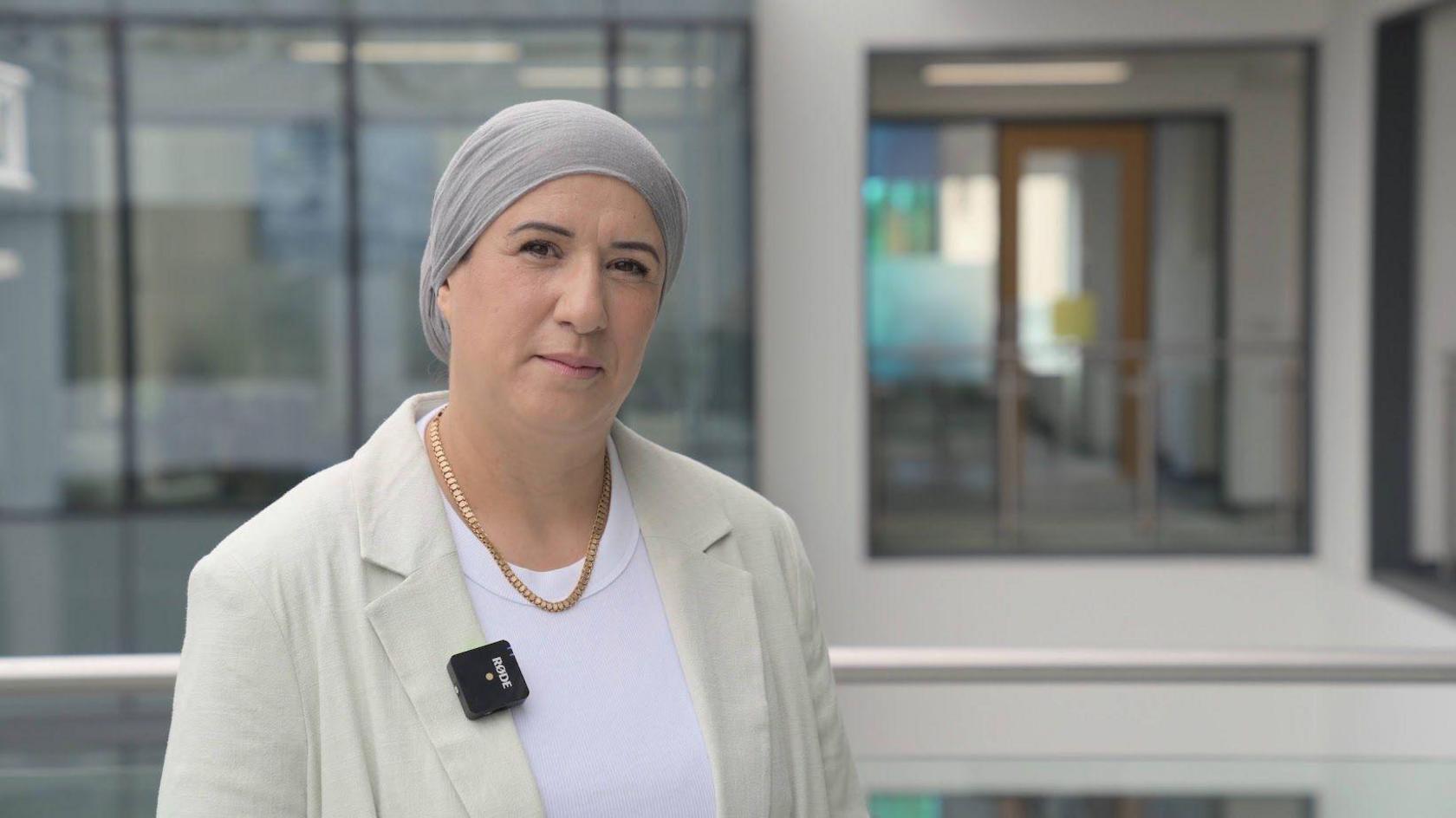Film spotlights 'life-long' impact of adoption
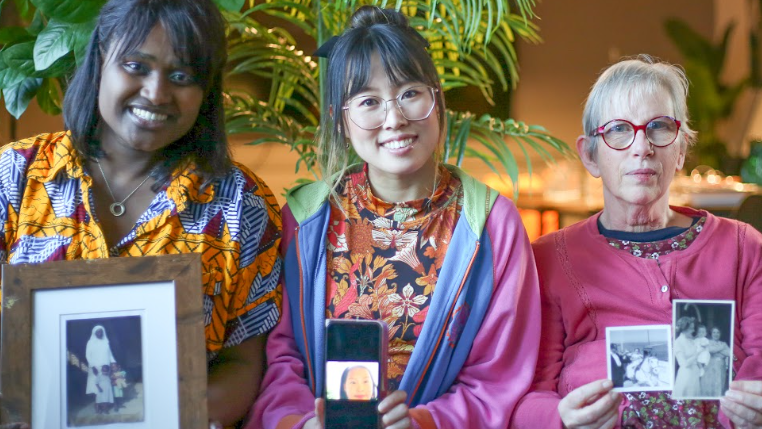
The documentary Speak Little One, directed by Louise Ndibwirende (L) features two adoptees Grace and Adele
- Published
Two women, who were adopted as babies, have shared their stories to spotlight the "life-long impact" of adoption.
Adele Gardner and Grace Payne feature in a documentary directed by Rwandan-born adoptee, Louise Ndibwirende, who wanted to challenge the assumption that "the adoption process ends with the paperwork".
Speak Little One: The World is Listening is being screened at The Watershed on 28 September for "underrepresented" adoptees and others with experience of adoption.
Alison Woodhead, from Adoption UK, said: "More needs to be done to highlight the voices and views of adoptees; they should be front and centre when it comes to reforming the adoption system."
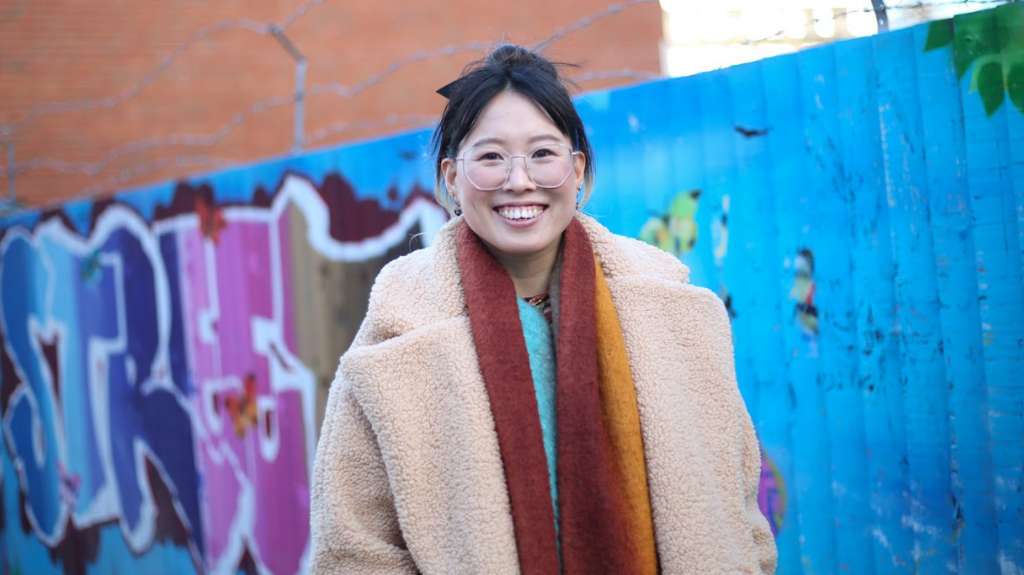
Grace Payne, from Bristol, was adopted at 18 months due to China's one-child policy
Ms Payne, 28, who was adopted at 18 months due to China's one-chid policy, said: "I got involved in the documentary because I have a passion for advocating for adoptees and promoting more awareness and discussion around the difficult subject of adoption.
"Being adopted has massively shaped who I am today and I feel proud of my identity. To feature in the documentary is an honour and something I’ll never forget as an incredible display of adoptee solidarity."
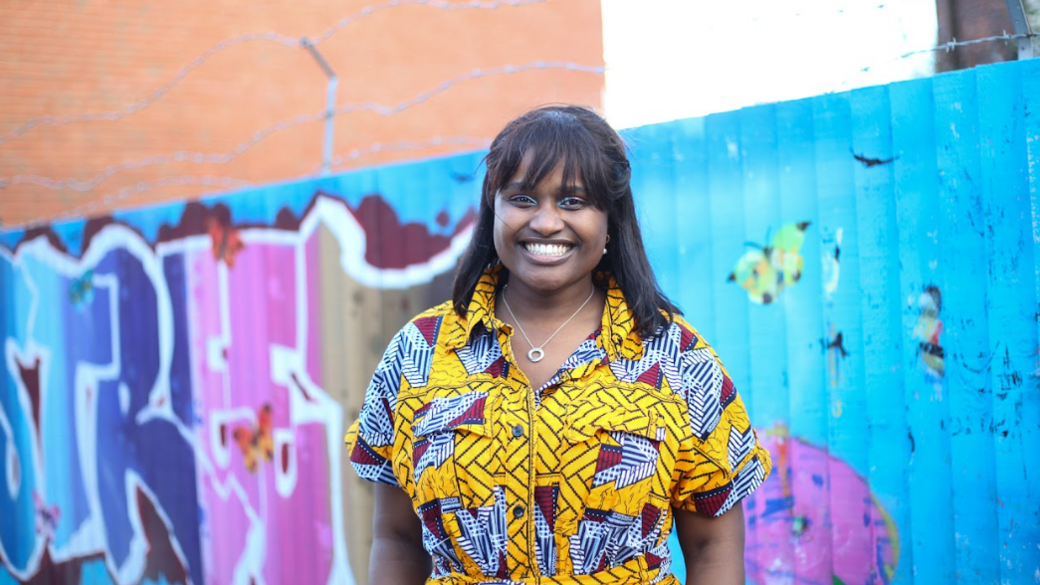
Rwandan-born adoptee, Louise Ndibwirende, said she wanted to challenge the assumption that the adoption process ends with the paperwork
"The documentary shines a light on the reality of adoption, a topic often overlooked, whitewashed, and even stigmatised in our society," said Ms Ndibwirende, who was adopted into a French family at the age of three.
"I wanted to create a safe platform for adoptees to share the emotional and sometimes traumatic reality of adoption, so any adoptee who feels their experiences differ to the 'happy-ever-after' narrative knows they are not alone.
"Actually there's often a lot of grief for everyone, and especially for the adoptive child and that follows them through different chapters of their life; with relationships, friendships and finding their identity and culture.
"These stories deserve to be told without shame or judgement, and I was really passionate about making sure those voices were heard," she said.
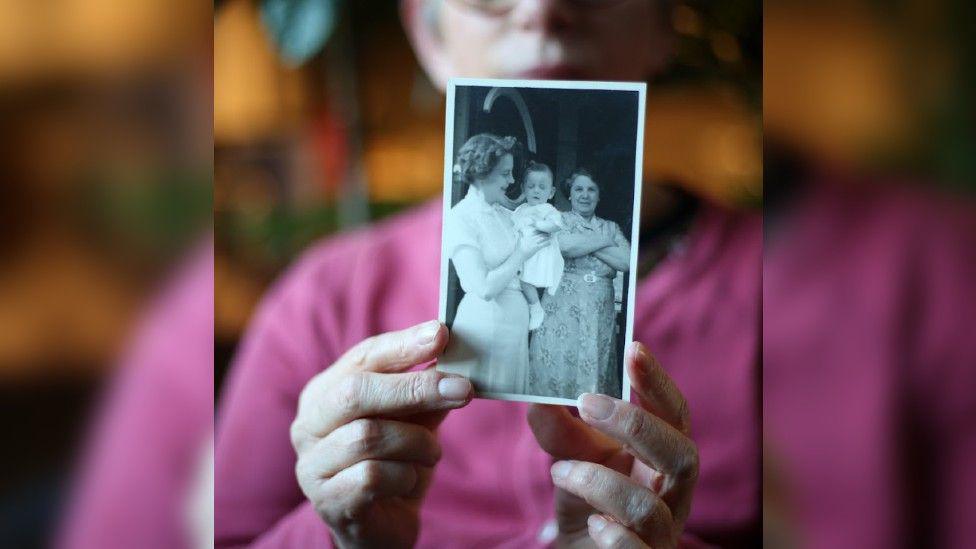
Adele Gardner, now 67, was adopted in the 1950s when unmarried mothers were encouraged to give up their babies
Ms Gardner, 67, was adopted at three months in the 1950s when unmarried mothers were encouraged to give up their babies.
"To those who who are not adopted its complexities often remain invisible.
"Louise’s brave decision to make her first documentary on this subject encouraged me to want to be part of it. By sharing our journeys as adoptees I hope we can shine a light on identity, adoption and ownership of the self," she said.
Adoption UK is an organisation dedicated to supporting people across the adoption community.
Ms Woodhead, director of Public Affairs and Communications, said: "Most adoptees tell us that adoption has cast both light and shade on their lives.
"Ms Ndibwirende is absolutely right that more needs to be done to highlight the voices and views of adoptees. They should be front and centre when it comes to reforming the adoption system and children’s social care.
"That’s definitely a shift the sector is trying to make, but adoptee perspectives have been ignored for decades and change is happening too slowly."
Adoptee voices heard
Ms Ndibwirende, 35, who was adopted into a French family aged three years, said interracial adoption added another layer of complexity.
"For me personally, it can cause an identity crisis and challenge in terms of sense of self, which is really hard to unpack.
"Looking for my birth family also kind of flipped the life that I had up until that point.
"There's a narrative that once you've found your biological family, it's this kind of happy ever after, but it can be peak existential crisis," she said.
"The impacts can last a lifetime. That’s why we’re campaigning for lifelong support for adoptees, to make sure that adoption gives them the best possible chance to thrive," added Ms Woodhead.
Anyone with experience of adoption, especially adoptees, are being invited to the screening on 28 September and to take part in a question and answer session.
Follow BBC Bristol on Facebook, external, X, external and Instagram, external. Send your story ideas to us on email or via WhatsApp on 0800 313 4630.
Get in touch
Tell us which stories we should cover in Bristol
- Published23 July 2024
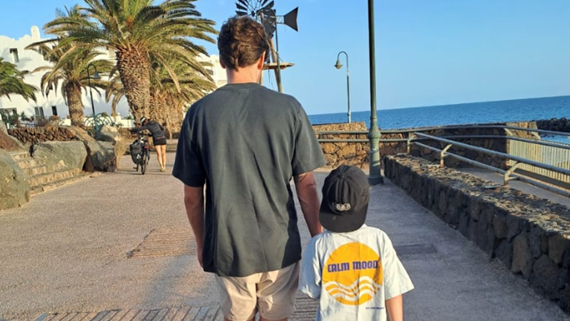
- Published27 August 2024
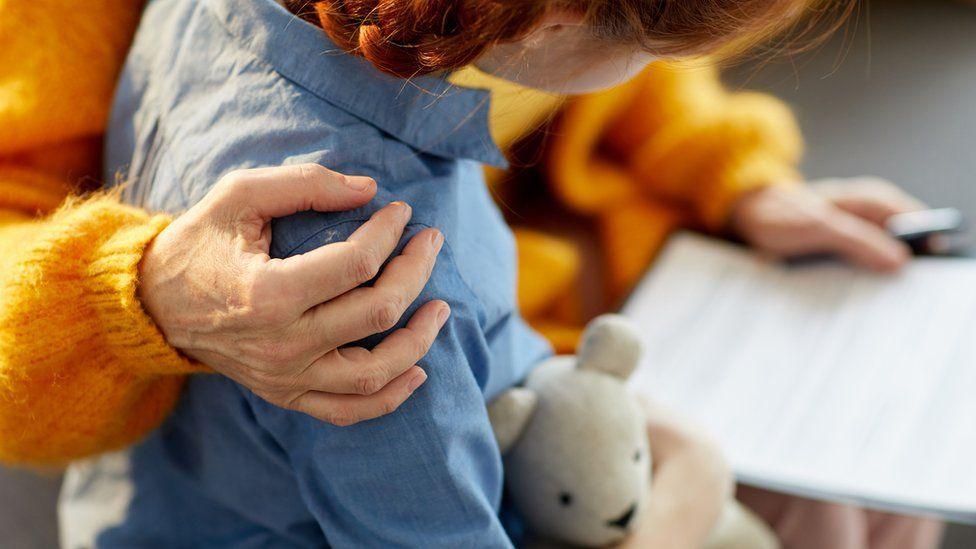
- Published8 September 2024
